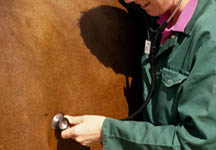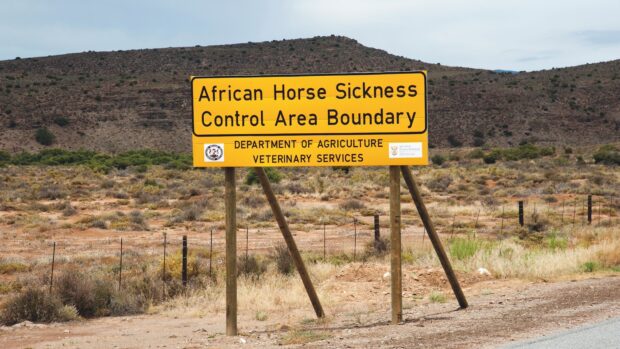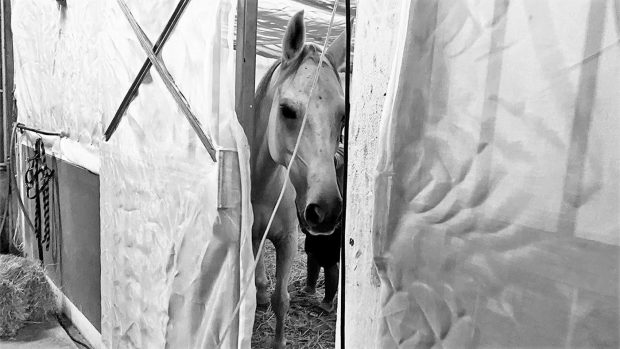The British equine industry has been warned that if African Horse Sickness (AHS) hits the UK, as many as 90% of the horse population could be infected and would be compulsorily slaughtered.
Horse Trust chief executive Brigadier Paul Jepson issued the stark warning at the annual National Equine Forum on 27 March.
But no compensation would be given to owners, from insurance companies or the government, added Brig Jepson, who leads the UK’s AHS working party, made up of Defra, industry figures and disease experts.
As a tide of concern grows about the possibility of the disease reaching Britain, The Horse Trust and the British Horse Society (BHS) released a leaflet at the Forum outlining the risks and symptoms of AHS and what to do if it is found.
“Under EU law compensation has to be paid to owners if compulsory slaughter takes place,” explained vet Brigadier Jepson, “but in the past the government has introduced a flat rate of £1 to get around this.”
He added that minister for the horse Jonathon Shaw has confirmed horse owners would only be given £1 compensation by Defra — no matter how valuable the animal concerned.
AHS is spread by the same midge that carries Bluetongue (the culicoides) which affected British cattle and sheep for the first time last September.
The affected animals were destroyed by Defra vets but Bluetongue is now officially circulating in the UK and movement restrictions are still in place.
Now the AHS working group is in talks with insurance house Lloyds to see if an insurance scheme can be created after concerns that owners may hide an AHS death in an attempt to claim on their insurance policy.
Dr Richard Newton of the Animal Health Trust said: “If AHS should arrive in the UK it would be a pretty doomsday-type scenario. That’s why the horse industry, Defra and ourselves are taking it very seriously.
“Thankfully it is pretty much confined to sub-Saharan Africa but we have an entirely susceptible horse population and if the midges here became infected it could spread very quickly and the figures are that it could affect up to 90 per cent of horses.”
Read this story in full in Horse & Hound (17 April, ’08)



